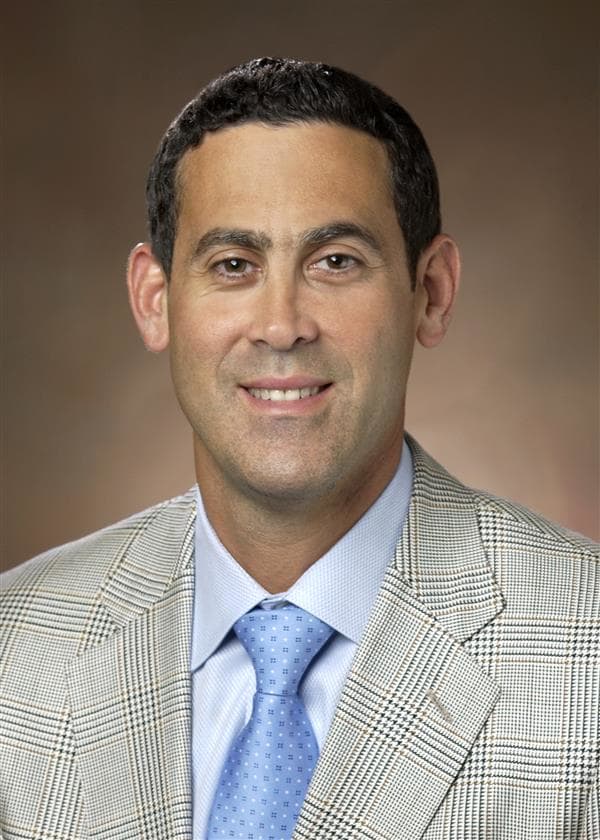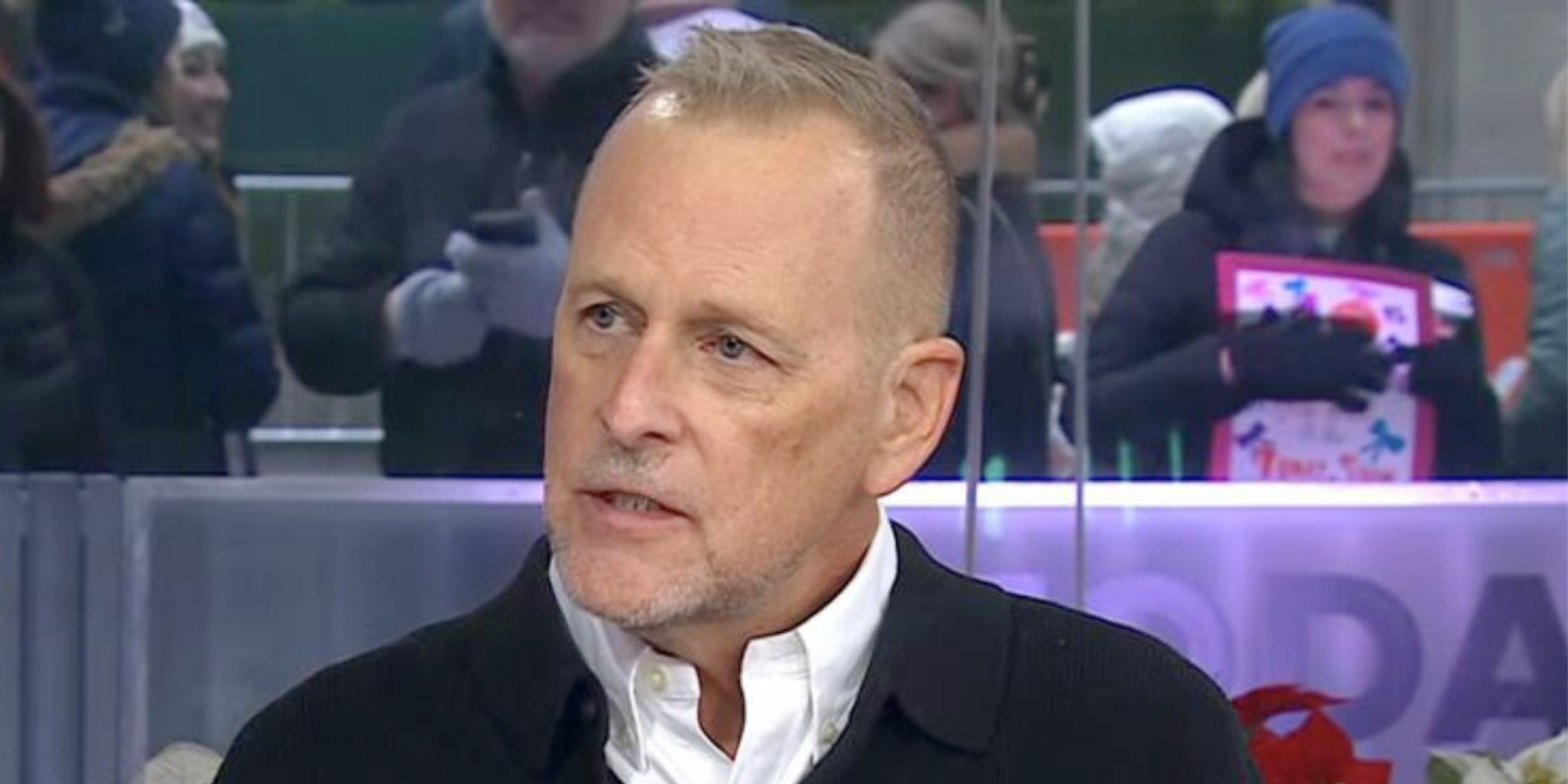
Kreg with his family on vacation
Kreg Obergfell had an unsettling brush with cancer when he had a melanoma removed from his back in January of 2016. He was worried that it might eventually recur but, instead, he soon ended up at the University of Colorado Cancer Center to be treated for a second, unrelated cancer.
“I knew my days working and playing in Colorado’s high-altitude sun made the odds of developing skin cancer high, but I was completely surprised to be diagnosed with an unrelated, rarer type of cancer,” says Kreg, a Colorado native. “I was devastated.”
In May of 2018, Kreg noticed an enlarged lymph node on the left side of his neck. The node wasn’t painful and didn’t grow, so he attributed it to allergies.
“I felt healthy, so I didn’t think much of it,” he says. “But when it didn’t go away after a few months, I thought it may be a good idea to get it checked out to make sure everything was clear.”
The case of the missing cancer
An MRI didn’t clear up the reason for Kreg’s enlarged lymph node, so his ENT doctor requested a biopsy, Within 30 minutes of the procedure Kreg received the news he had cancer. Again.
“Initially I thought it was the melanoma, but the pathology soon showed that it was associated with the neck,” says Kreg. “It was determined to be oropharyngeal cancer, specifically squamous cell carcinoma, more commonly known as throat cancer.”
Oropharyngeal cancer is the cancer of the oropharynx, an area in the back of the throat that includes the soft palate, side and back walls of the throat, tonsils, and ack of the tongue. In 2019 about 53,000 people will be diagnosed with oropharyngeal cancer in the United States. The vast majority of linked to the presence of the human papilloma virus, better known as HPV.
“My cancer is an HPV+ cancer,” explains Kreg. “I had no idea that I had the virus. I also had no idea that men could develop cancer because of it or that there is a vaccination for it.”
In an effort to determine the cancer’s place of origin Kreg had a tonsillectomy and biopsies of the base of his tongue.
“Recovery from the tonsillectomy was the most painful thing I’ve ever experienced in my life,” he says. “And worse, to my surprise the biopsies came back as normal. The cancer was evident from my lymph node, but the source of the cancer was unknown. It’s extremely unsettling to know you have cancer but not to know from where it originates.”
Staying home for the best care
After the tonsillectomy Kreg wanted to find the best treatment for his type of cancer. He did his research and ended up consulting with one of the most recognized cancer hospitals in the nation.
“I wanted the best care possible,” he says. “I scheduled 6 weeks of treatment with this hospital out of state, but I felt sad to be away from my family and home during this difficult time. The week before I was to leave, my wife received a recommendation from a colleague about an oncologist who specialized in throat cancer practicing in Denver. I immediately got contact with Dr. David Raben at the CU Cancer Center.
Dr. Raben was in Europe when Kreg contacted him.
“I was surprised at how enthusiastic and responsive Dr. Raben was. He scheduled an appointment before he was home and we met the first day he was back,” Kreg says. “We sat down and went through everything. I felt very comfortable with him and believed his education and experience met or exceeded any of the other oncologists I had met with. The fact that I would receive treatment and be able to stay with my family and in my home was a welcome bonus.”
The treatment program was strategic and aggressive. It was grueling and not without side-effects. His sense of taste was drastically affected.
“I couldn’t eat, I was nauseated even by looking at food. I basically lived off of nutritional shakes during treatment, in three months I lost 25 pounds” explains Kreg. “Honestly, losing the ability to enjoy food was perhaps the most difficult part of my experience.”
Back to normal
With treatment now over, Kreg is slowly starting to enjoy certain foods again. His strength has quickly returned and he has been able to return to his architecture practice.
“It is devastating to get be diagnosed with cancer but it forces you to think about what is truly important,” says Kreg. “When I was diagnosed with cancer for the second time I thought ‘Okay my time is limited, how can I make the most of it this?’ I decided to grow from this experience. It gives me a chance to enjoy being with my family and truly appreciate all the good fortune that I have.”
Kreg’s cancer is in remission. But he will be monitored closely for the next five years. He is hopeful and optimistic that the cancer will not make a reappearance.
“I have a new normal now,” says Kreg. “I don’t dwell on the fact that I had cancer. I’m enjoying the gift of life like never before.”


